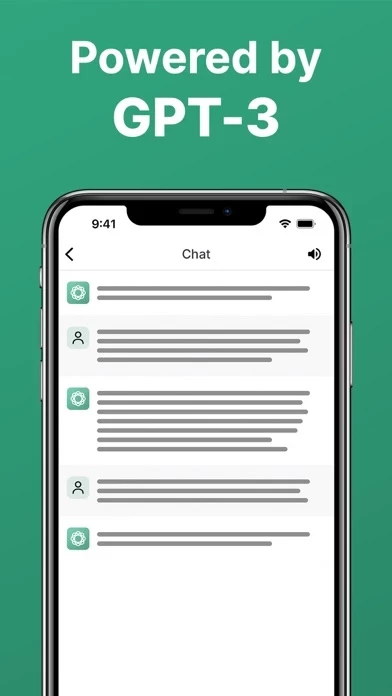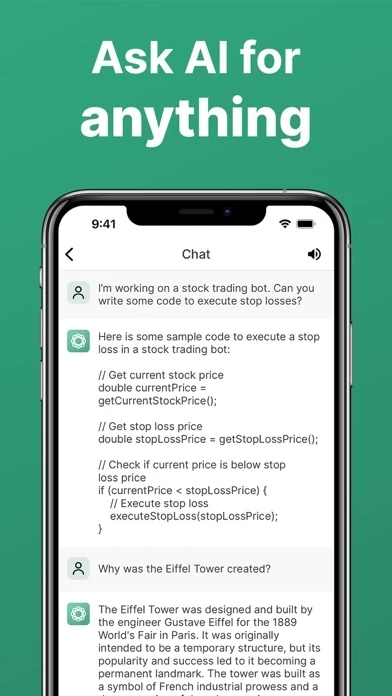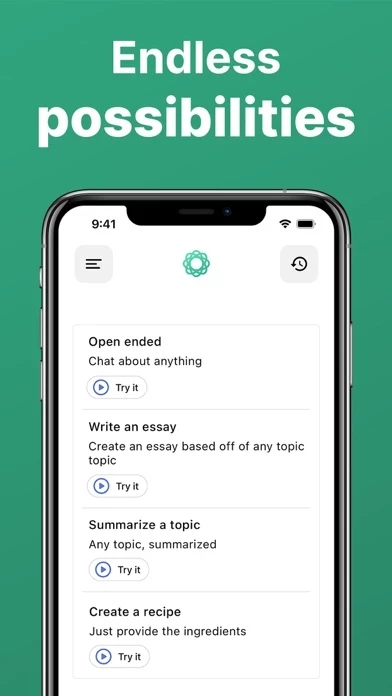In the realm of artificial intelligence, the concept of an AI that fails to perform its intended functions, despite being provided with an unlimited number of prompts, raises a critical question about the very essence of its utility.
This scenario underscores the paradox of an AI system that, despite its vast potential and the seemingly endless resources at its disposal, remains incapable of achieving its objectives. It highlights the disconnect between the theoretical capabilities of AI technology and its practical application, suggesting that the mere quantity of prompts is not sufficient to overcome the inherent limitations of the AI's design or the complexity of the tasks it is expected to perform. This critique points towards a deeper issue within the AI development process, where the focus on quantity of prompts overlooks the quality of the prompts themselves and the sophistication of the AI's learning algorithms. It challenges the conventional wisdom that more prompts equate to better performance, prompting a reevaluation of the criteria for evaluating AI effectiveness. This review of an AI that fails to deliver, despite an abundance of prompts, serves as a reminder of the importance of not just the quantity but also the quality of the data fed into AI systems, and the necessity of continually refining AI algorithms to enhance their ability to learn and adapt to complex tasks.













